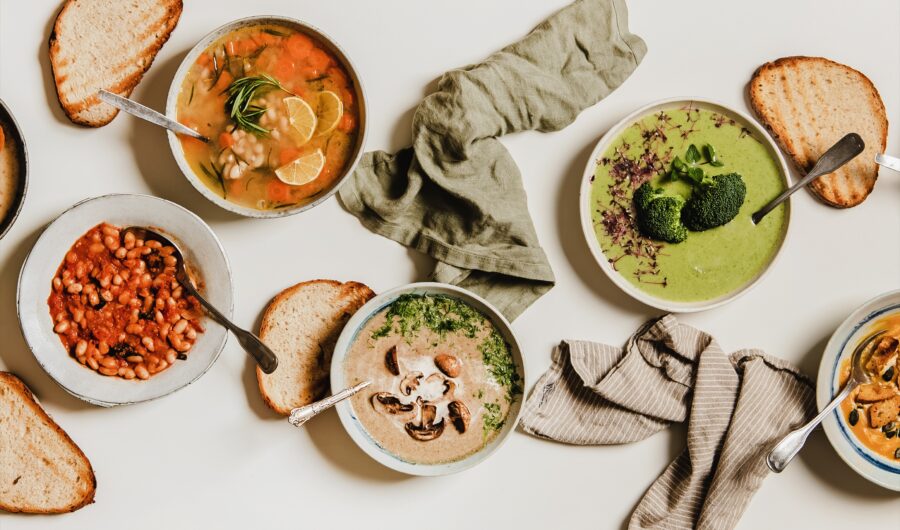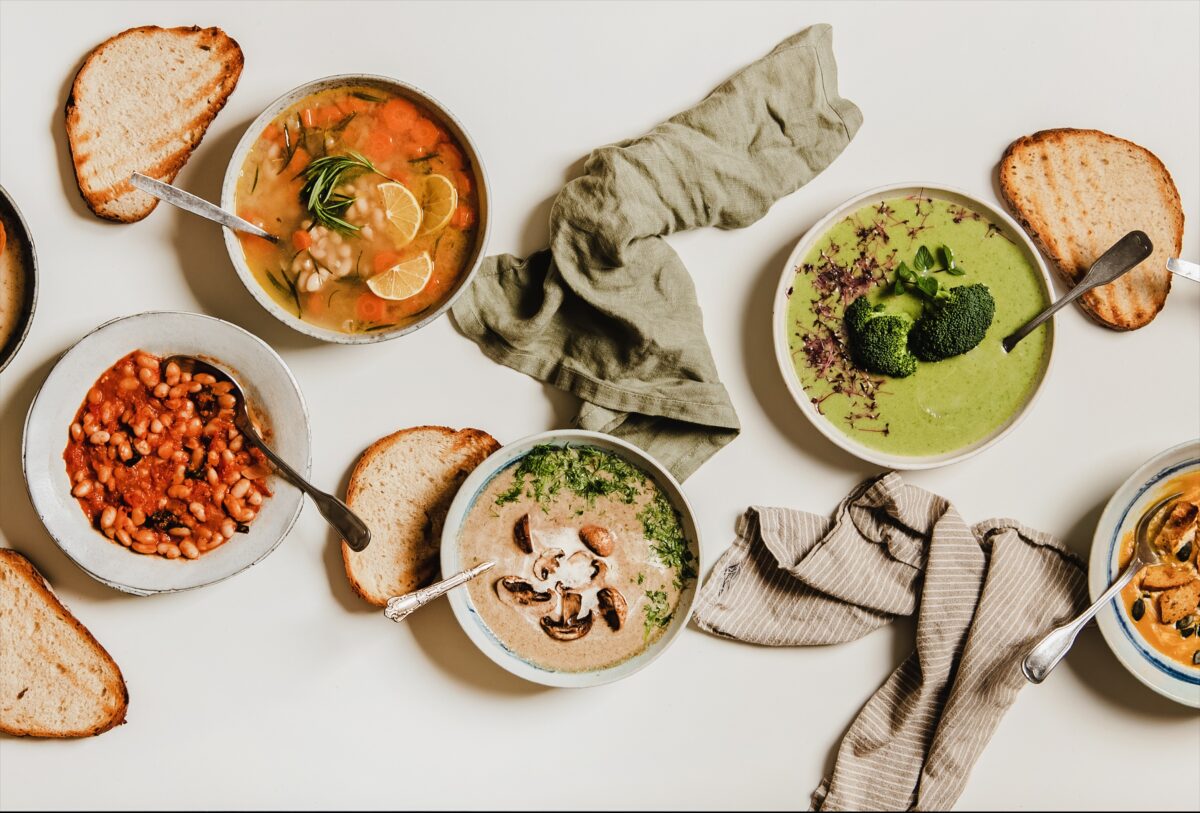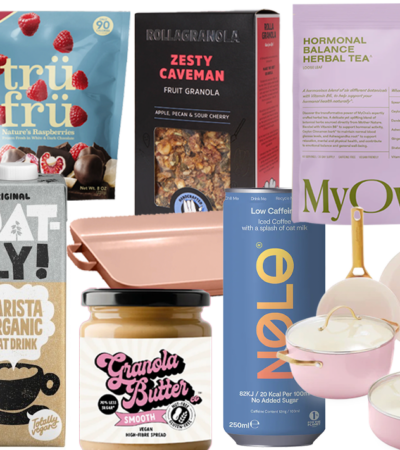Winter brings with it a unique array of seasonal foods that not only add warmth and flavour to our meals but also offer a host of nutritional benefits. As the temperature drops, our bodies often crave heartier, nutrient-dense foods to keep us energised and healthy. Below, we will explore the seasonal winter foods that you should be incorporating into your diet for optimum nutrition, focusing on the essential vitamins and minerals they provide.
Root Vegetables: Winter is the season for an abundance of root vegetables like carrots, sweet potatoes, turnips, and beets. These vegetables are rich in vitamins A and C, essential for immune function and skin health. They also provide a good source of minerals such as potassium and manganese, supporting heart health and overall well-being.
Cruciferous Vegetables: Vegetables like broccoli, Brussels sprouts, and cauliflower thrive in the colder months. Packed with vitamin C, an antioxidant that aids in immune system support, these veggies also provide a significant amount of vitamin K, promoting bone health. Additionally, they contain folate, a B-vitamin important for DNA synthesis.
Citrus Fruits: While citrus fruits like oranges, grapefruits, and tangerines are available year-round, they are particularly abundant in the winter. These fruits are renowned for their high vitamin C content, a powerful antioxidant that helps protect cells from damage and supports the immune system.
Winter Squash: Varieties of winter squash, such as butternut squash and acorn squash, are excellent sources of beta-carotene, a precursor to vitamin A. Vitamin A is crucial for maintaining healthy skin, vision, and immune function. These squashes also provide vitamin C and potassium.
Nuts and Seeds: Winter is a great time to incorporate more nuts and seeds into your diet. Almonds and walnuts are rich in vitamin E, an antioxidant that plays a role in immune function and skin health. Chia seeds and flaxseeds are high in omega-3 fatty acids, promoting heart health and reducing inflammation.
Dark Leafy Greens: Winter-friendly greens like kale, Swiss chard, and collard greens are packed with vitamins A, C, and K. These leafy greens also provide minerals such as calcium and magnesium, supporting bone health and overall vitality.
Oats and Whole Grains: Warm and comforting, oats and whole grains are ideal choices for winter breakfasts. They offer a good source of B-vitamins, including B6 and folate, important for energy metabolism and the formation of red blood cells. Whole grains also contain essential minerals like iron and zinc.
RECIPES TO TRY

Dr Rupy’s “Jewish Penicillin” Recipe

Easy Vegan Overnight Oats (3 Ways!)

Gut-Loving Kitchari

“Cheesy” Broccoli Waffles














